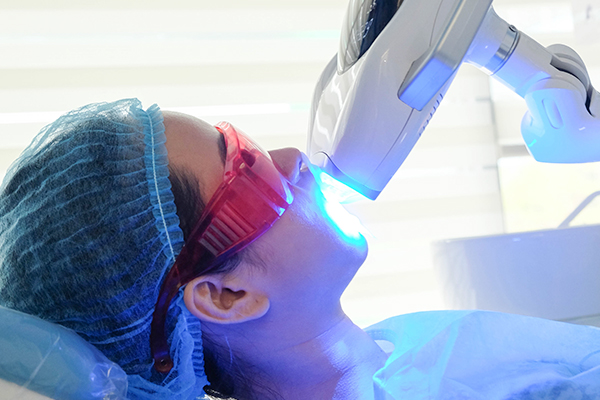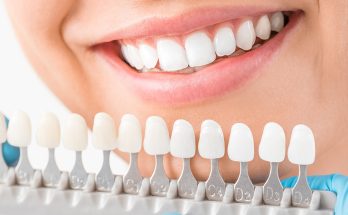For most people, their smile is essential. One of the best go-to ways to get a brighter smile is to whit your teeth. It is efficient and safe. However, there are a lot of factors to consider before one can decide on getting their teeth whitened cosmetically.
If you are planning to get your teeth whitened, schedule an appointment for teeth whitening Fort Lauderdale today.
Teeth Whitening -Overview
Teeth whitening, also called teeth bleaching, is a cosmetic dental procedure that helps lighten the teeth’ color and remove stains and discoloration. It is one of the most common dental procedures performed by dentists. However, teeth whitening is a procedure that needs to be repeated occasionally if you wish to maintain a lighter color.
What causes discoloration?
Discoloration is the condition where the teeth lose color, primarily due to staining. So many people opt for teeth whitening because of discoloration in the teeth. There can be many causes of tooth discoloration. These include:
- Discoloration due to age
- Using tobacco
- Poor dental hygiene
- Eating or drinking foods or beverages that are acidic and rich in tannins – such as coffee, cola, tea, red and white wine, and some sauces
What is the procedure for teeth whitening?
If you are opting for in-office teeth whitening, then the procedure may be something like this:
1. Your dentist will show you your current tooth color on a tooth shade chart, and you may discuss how many shades lighter you want to be after whitening.
2. Your dentist will polish your teeth using a pumice tool and remove any remaining plaque.
3. Your dentist will hold your mouth open with a rubber or plastic guard to ensure that the whitening agent doesn’t touch your cheeks, tongue, or gums.
4. The whitening gel is applied to the front surface of your teeth using a syringe and is left on for about an hour. If light activation is part of your treatment, then this is when your dentist will use the light activation tool.
5. Depending on your whitening agent, your dentist may apply additional coats if needed.
6. Your mouth will be rinsed after the whitening process is complete. Since teeth whitening can cause sensitivity, your dentist may apply fluoride to help with that.
7. The protective guards are then removed.
8. Once the procedure is finished, your dentist will discuss aftercare with you. You will be advised how to care for your teeth post-whitening and what foods to avoid.
Considering teeth whitening?
If you are considering getting your teeth whitened, schedule an appointment with a skilled dentist today.




